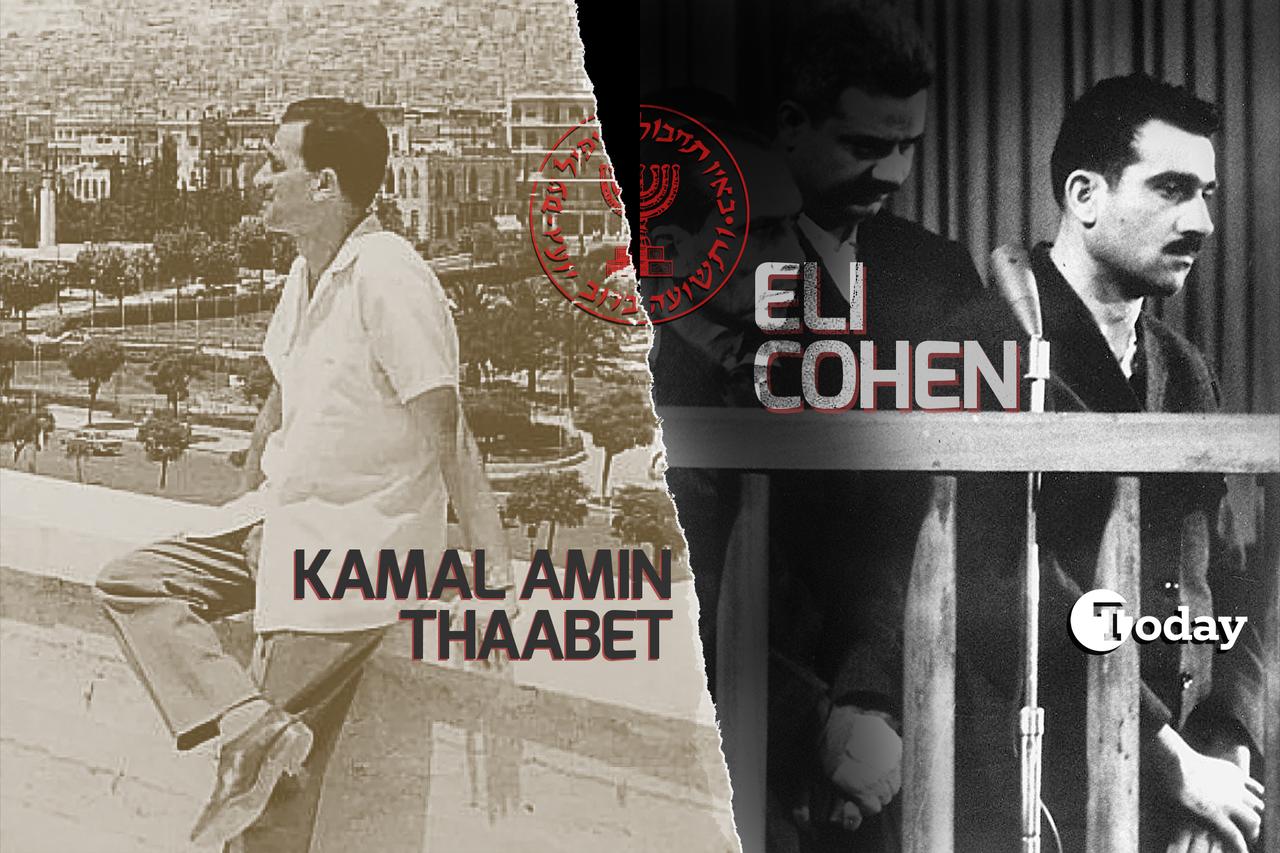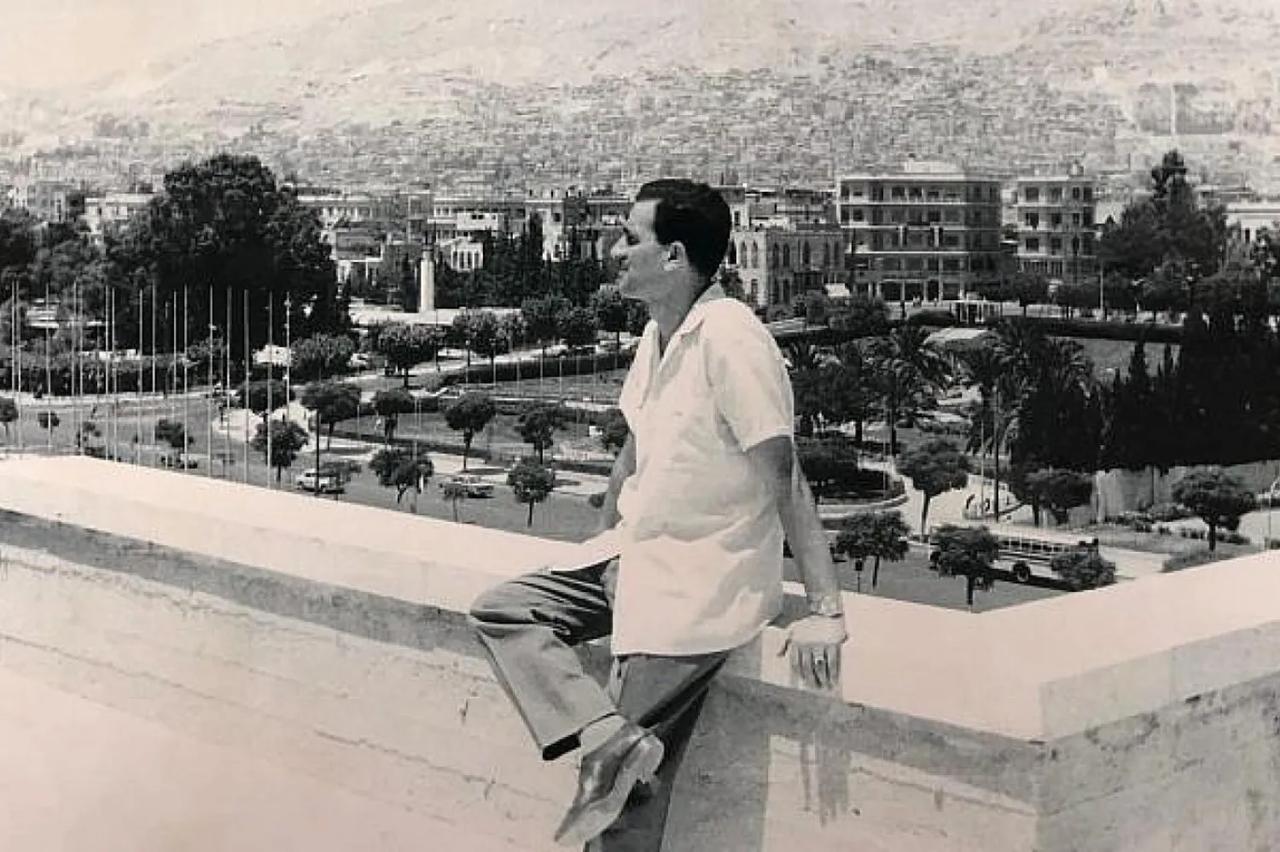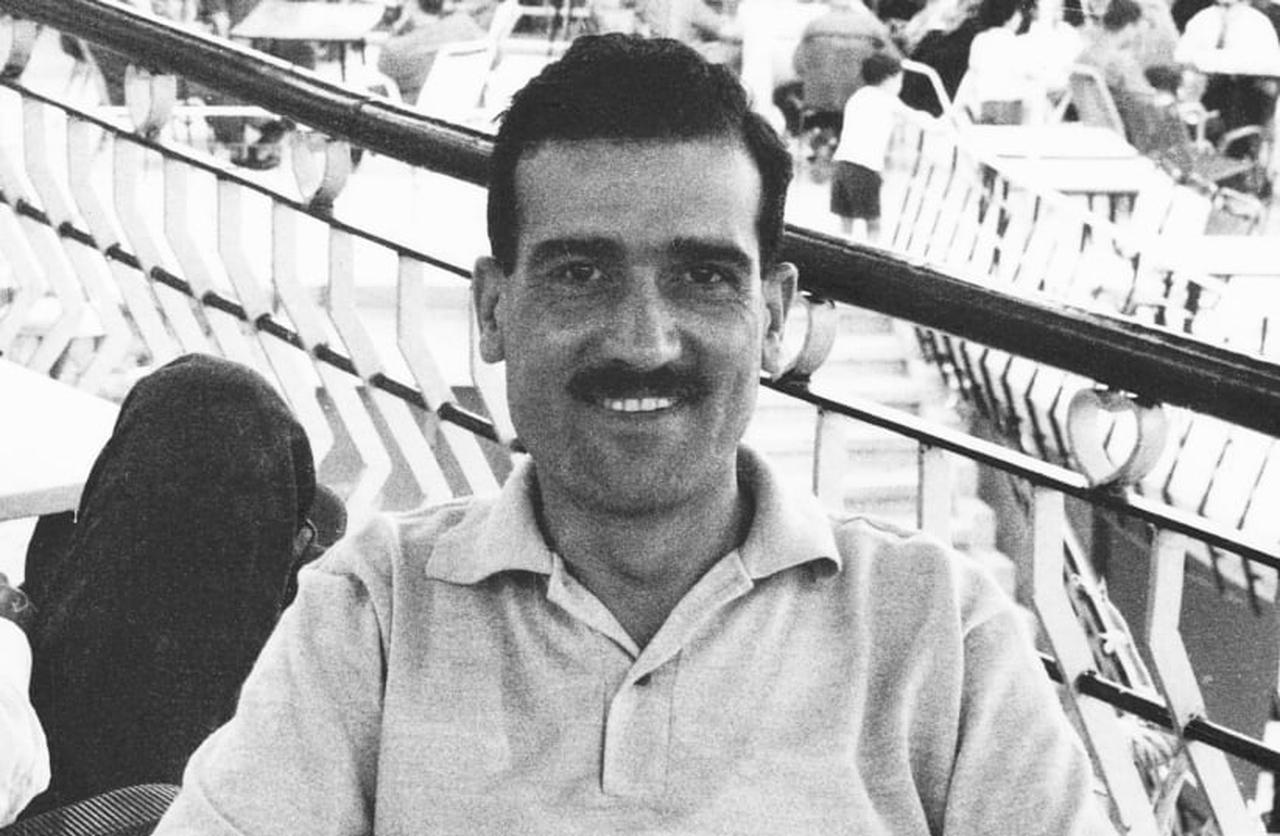
A source close to the Syrian government told Türkiye Today exclusively that Israel's intelligence operation in Syria's capital, Damascus, to retrieve spy Eli Cohen’s archive was completed within hours of the Assad regime’s collapse.
"The operation was completed within hours of the Assad regime’s fall. Israel had obtained the location of Cohen’s documents from Assad regime officers. We all witnessed how Israel bombed most of the army’s depots in the first hours of the regime’s collapse—some had provided the locations of weapons and storage sites. I think the delay in announcing the Cohen documents is because they were still searching for his remains," he said.
He noted that rumors on whether the new Syrian administration handed the documents to Israel are unfounded. ''The new Syrian government has nothing to do with this case, as the operation took place before it gained control of the country,'' he added.
However, according to a Reuters report, an adviser to Syrian President Ahmed al-Sharaa and a person familiar with talks between the countries said the archive was actually offered to Israel as an indirect gesture by al-Sharaa as he seeks to ease tensions with the United States and build President Donald Trump's confidence.
Meanwhile, Israeli media outlet Channel 12 cited sources who denied that al-Sharaa transferred the Eli Cohen archive to Israel.
The delay in announcing the operation might be related to the safety of Israeli intelligence members on the ground.

Israel announced Sunday that it had recovered a trove of documents, photographs, and personal effects belonging to Eli Cohen, the Mossad agent who was executed in Damascus back in 1965.
"In a complex covert operation by the Mossad, in cooperation with a strategic partner service, the official Syrian archive on Eli Cohen was brought to Israel," Prime Minister Benjamin Netanyahu's office said.
The 2,500-item archive includes Cohen’s handwritten will, interrogation files, letters to family, notebooks, forged passports, and photos with Syrian officials. Mossad Director David Barnea said it was "another step toward locating our man in Damascus’ burial place."
Cohen operated in Syria between 1961 and 1965 under the alias Kamel Amin Thaabet, infiltrating the country’s military and political elite before being caught and executed.

Eli Cohen was an Israeli intelligence operative known for his undercover work in Syria during the early 1960s. Born in Egypt, he spent several years there as an active Zionist. During this time, it is believed that he engaged in covert activities for Israel, including assisting with the smuggling of Egyptian Jews to Israel and potentially taking part in the Lavon Affair, a failed Israeli covert operation.
Cohen later assumed the identity of Kamel Amin Thabet, presenting himself as a Syrian businessman who had returned from Buenos Aires, Argentina. To support this cover, he relocated to Buenos Aires, where he established a public profile aligned with pro-Baath Party sentiments.
In 1962, Cohen moved to Damascus, where he integrated into Syrian social and political circles. He hosted social events and developed relationships with members of Syria’s political and military elite. Cohen used these connections to collect intelligence, often employing tactics such as pretending to be intoxicated to gain trust and encourage open conversations.
His intelligence gathering reportedly provided Israel with detailed information on Syrian military capabilities and strategic plans. Cohen’s activities continued until 1965, when Syrian authorities uncovered his espionage, leading to his arrest, trial, and execution.
Eli Cohen’s case remains one of the most notable examples of espionage in the Middle East, with ongoing discussions about his impact on regional intelligence and security.

Cohen’s story was adapted into a six-episode Netflix miniseries titled "The Spy" (2019). The series stars Sacha Baron Cohen as Eli Cohen, depicting his espionage activities in Syria. Directed by Gideon Raff, the show also features Noah Emmerich as Cohen’s Mossad handler and Hadar Ratzon Rotem as his wife.
The series received attention for bringing Cohen’s story to an international audience, although some aspects were dramatized for narrative purposes.